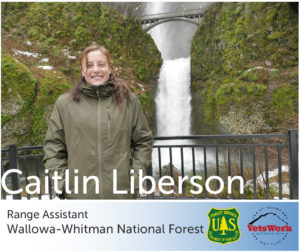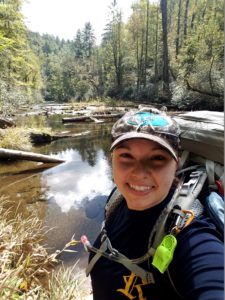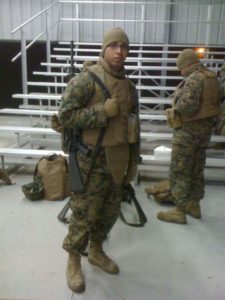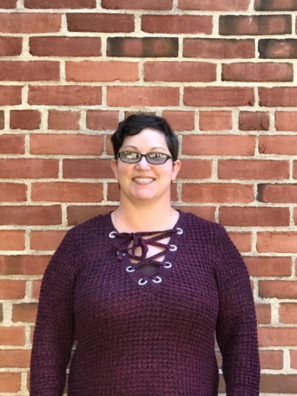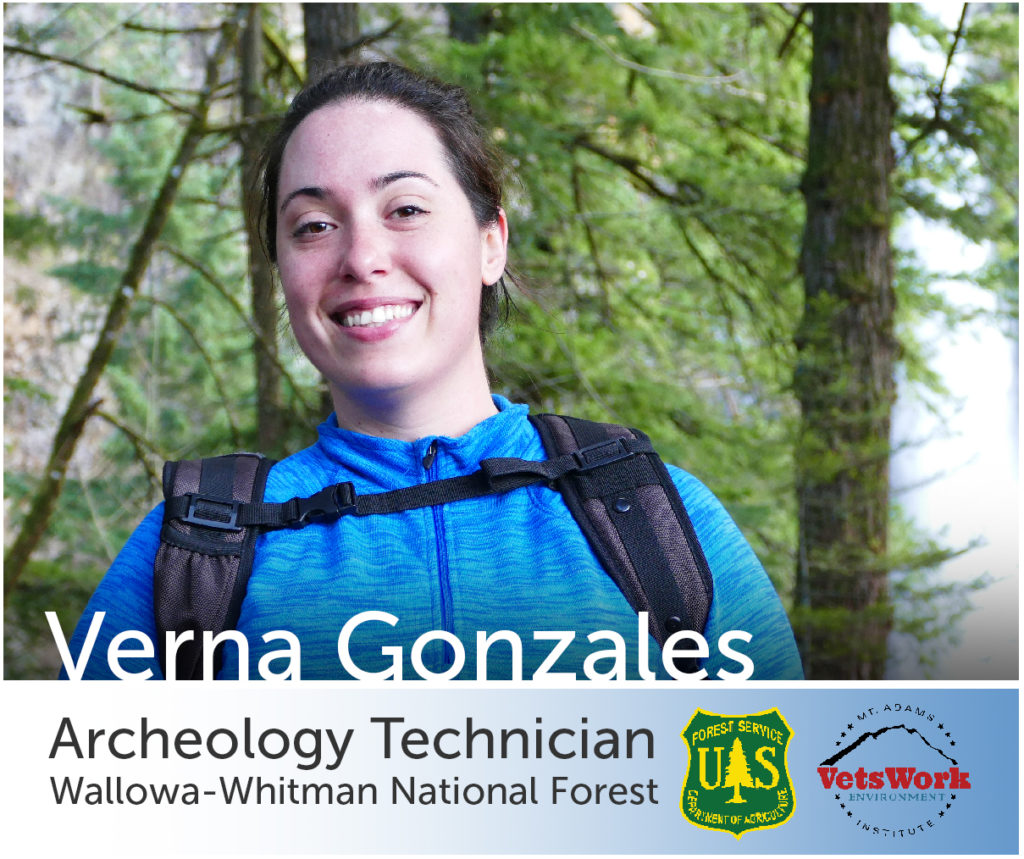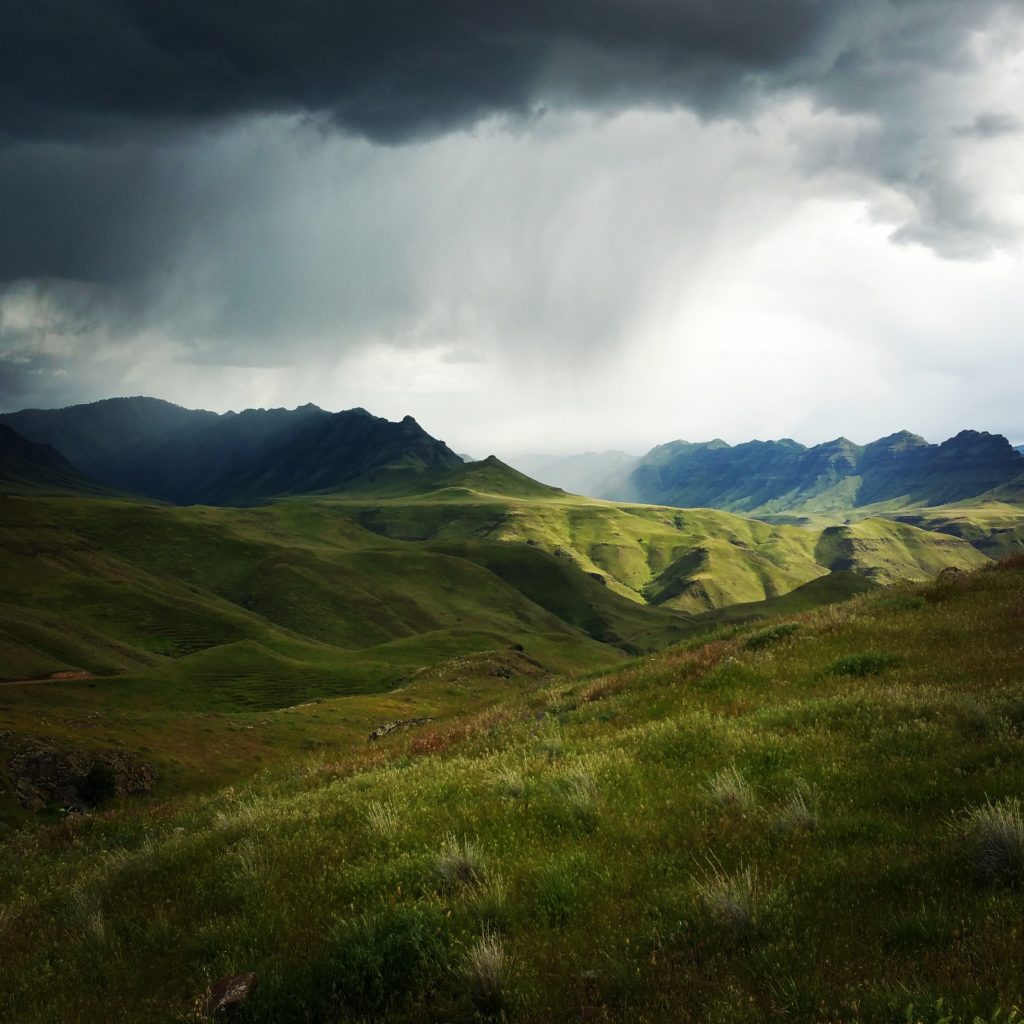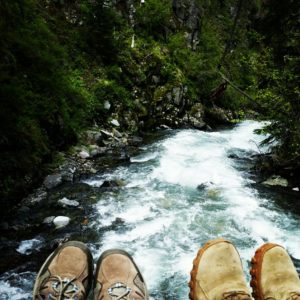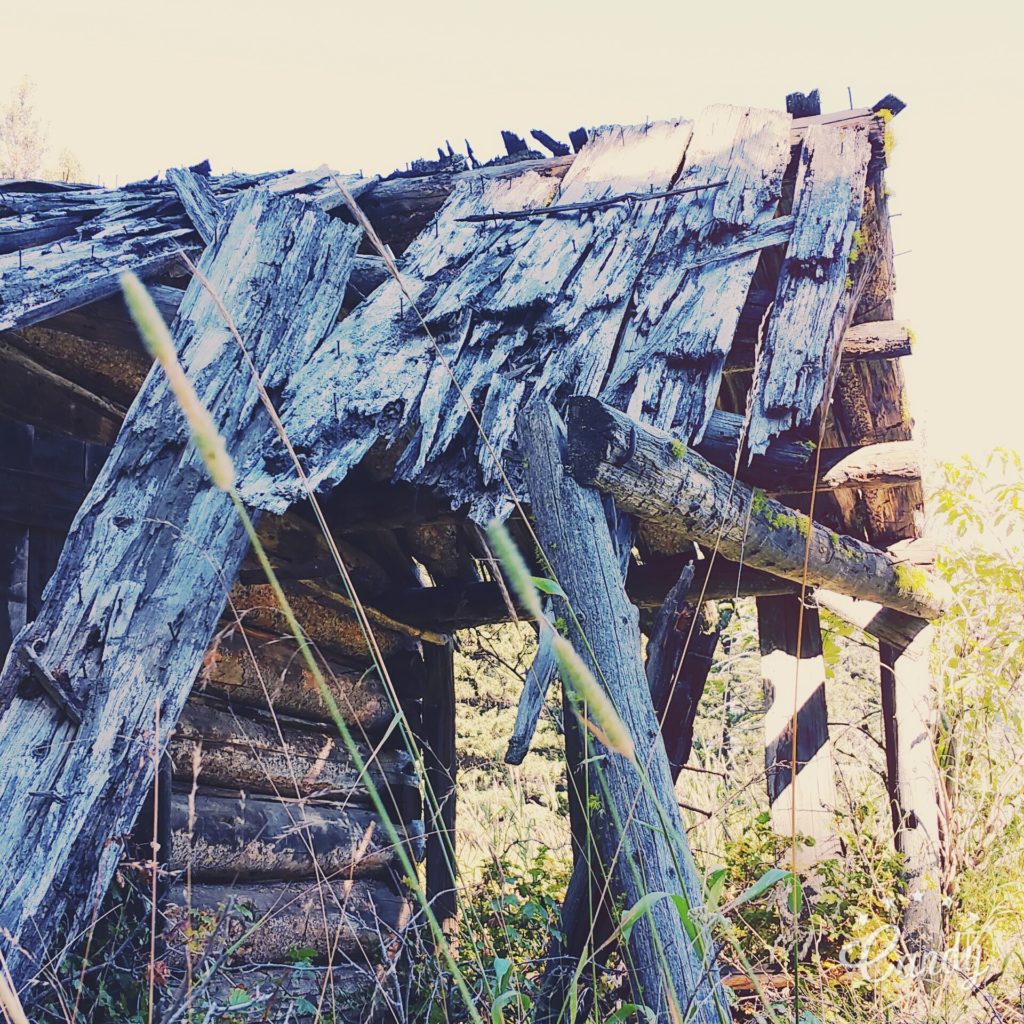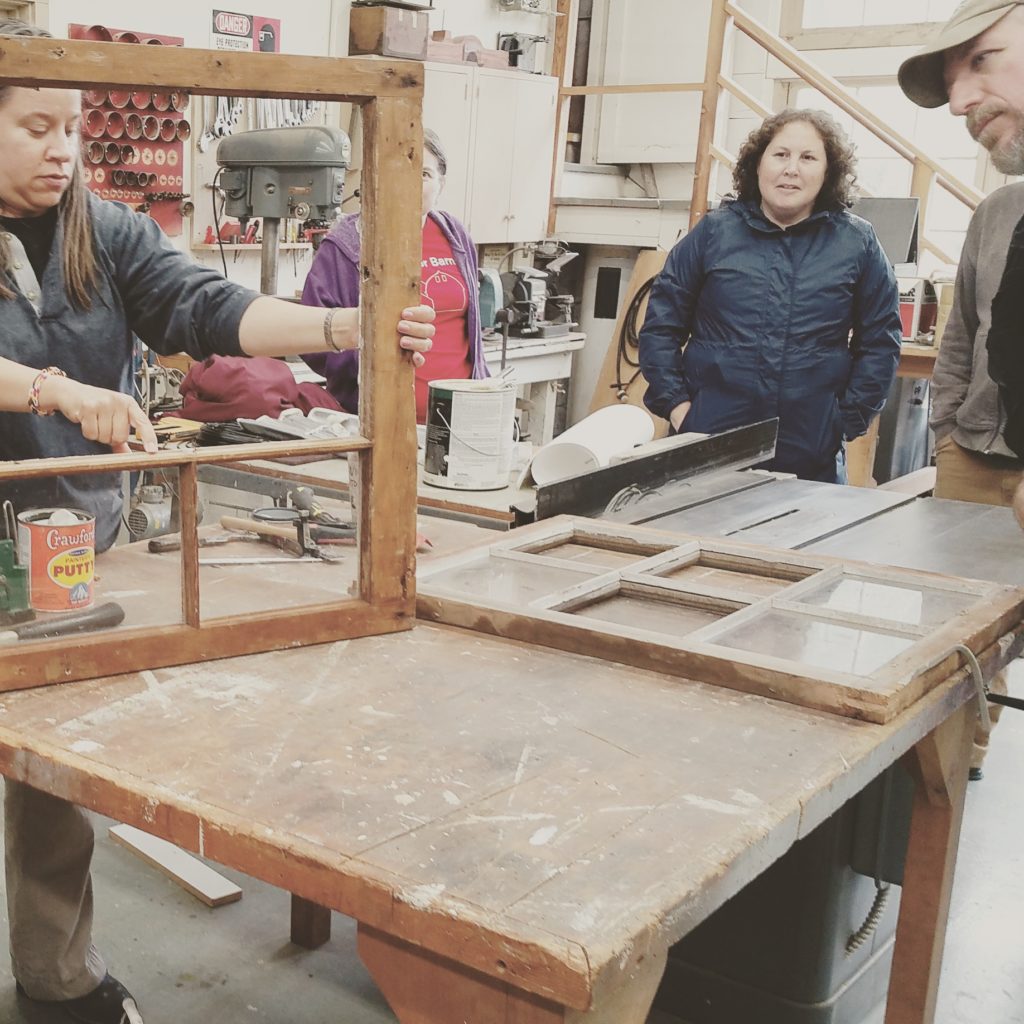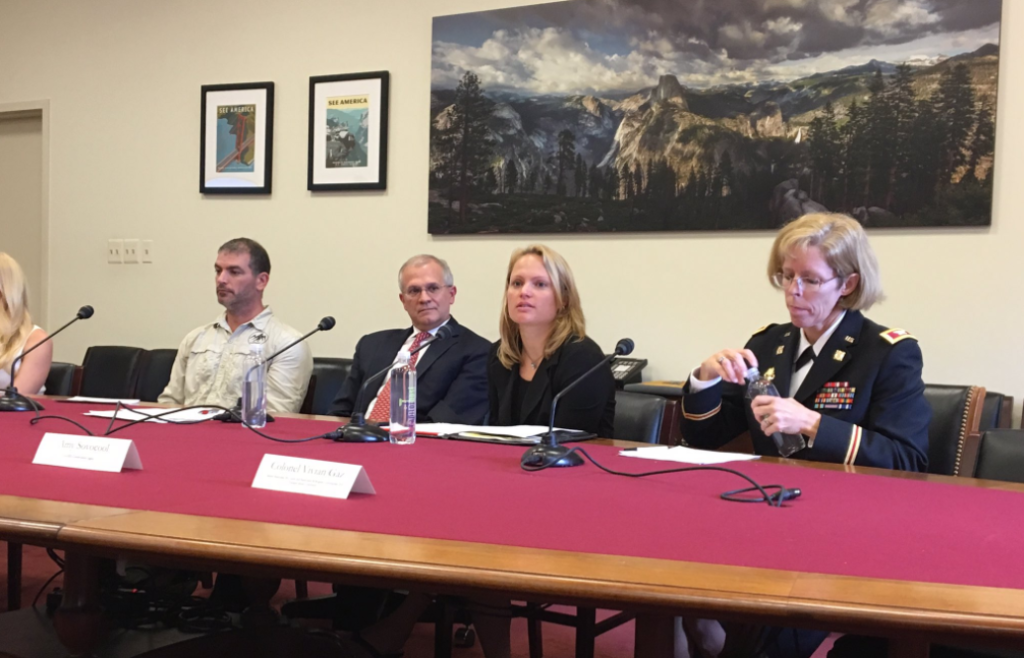
Amy Sovocool, Co-CEO of Conservation Legacy & Co-Chair of Partnership for 21CSC, joined panelists from several outdoor and veteran-related organizations to discuss model and benefits of Veterans Conservation Corps programs.
WASHINGTON, DC (Sept. 22, 2017) – Amy Sovocool, Co-CEO of Conservation Legacy and Co-Chair of the Partnership for the 21CSC, discussed the model and benefits of Veterans Conservation Corps at a September 14 Capitol Hill briefing on Veterans and the Outdoors. The event was hosted by the House Outdoor Recreation Caucus and supported by the Outdoor Industry Association.
The briefing focused on exploring how nature is used to help veterans heal, develop a sense of community, reintegrate into civilian life, and connect with the people and places they fought to protect.
Since 2009, Veterans Conservation Corps programs across the country have engaged more than 1,600 veterans in conservation service and job training through partnerships with such agencies as the U.S. Forest Service, U.S. Fish and Wildlife Service, and the National Oceanic and Atmospheric Administration.
Veterans Corps are designed to give participants the opportunity to build on their military experience and ethic for service by training for careers in resource management. The Corps model benefits veterans in a range of ways: it provides a similar structure and sense of purpose as the military; offers the therapeutic benefits of getting outdoors and working with fellow veterans; and helps participants transition back to civilian life through skills development and other supportive services.
In a 2016, 90 percent of veterans surveyed indicated that Corps opportunities helped them transition from military to civilian life. The Veterans Corps model also benefits public lands and the outdoor economy by completing important maintenance and improvement projects that increase access to recreation opportunities.
The 21st Century Conservation Service Corps (21CSC) is an initiative to expand public-private partnerships to annually engage 100,000 young adults and veterans in Corps. The 21CSC Act (S.1403, H.R.2987) – a bipartisan, bicameral bill that would help support this goal – was introduced by several former service members, including Sen. John McCain (R-AZ), a U.S. Navy veteran; Rep. Marth McSally (R-AZ), a U.S. Air Force veteran; and Rep. Seth Moulton (D-MA), a U.S. Marine Corps veteran. The 21CSC initiative also has the backing of retired four-star U.S. Army General Stanley McChrystal.
With crews based in Colorado and Arizona, Conservation Legacy’s Veterans Fire Corps (VFC) program offers post-9/11 veterans the opportunity to gain training and work experience in forestry and wildland firefighting through an AmeriCorps term of service. During a three to five-month-long term, VFC participants serve alongside fellow former military members on fuels mitigation and wildland firefighting projects. Corpsmembers spend up to eight days at a time living and working outdoors.
“Outdoor Industry Association was honored to be part of the House Outdoor Recreation Caucus briefing on veterans and the outdoors” said Jessica Wahl, Government Affairs Manager for the Outdoor Industry Association. “There is a deep connection between the outdoors and our country’s veterans and OIA thanks the caucus co-chairs Congressman Simpson and Congressman Polis for shining a light on this important issue. W.L. Gore & Associates and other outdoor businesses are committed to supporting veterans and active military through their products and programs and we hope to continue engaging OIA members on this issue.”
“We thank Rep. Mike Simpson, Rep. Jared Polis, the members of the House Outdoor Recreation Caucus, and the Outdoor Industry Association for hosting this important conversation on the intersection of America’s veterans and the great outdoors,” said Mary Ellen Sprenkel, President and CEO of The Corps Network and Co-Chair of the Partnership for the 21st Century Conservation Service Corps. “Veterans Conservation Corps programs address several issues faced by returning military. In addition to offering former service members the healing experience of spending time outdoors among fellow veterans, Corps help veterans leverage skills learned in the military to extend their ethic of service into careers in service to our public lands. The bipartisan, bicameral 21st Century Conservation Service Corps Act would help create even more opportunities for post-9/11 veterans to benefit from programs like the VFC.”
“Service to our public lands helps veterans re-establish themselves,” said Sovocool. “Many veterans exit the military hoping to find a new mission and sense of purpose, but they are unsure where to turn. Through programs like the Veterans Fire Corps, former service members find a new mission protecting and maintaining access to some of our country’s most treasured national parks and forests. Public lands are more than a place for recreation; they are a point of national pride. Pride in our country is important to our veterans. I thank the House Outdoor Recreation Caucus, the Outdoor Industry Association, and my fellow panelists for helping shed light on the important role the outdoor community can play in assisting America’s veterans in their transition back to civilian life.”
The bipartisan House Outdoor Recreation Caucus was created in April 2017 with the goal of “encourage[ing] healthy, active lifestyles that foster an appreciation of America’s lands and waters and support local communities through outdoor recreation. The caucus is chaired by Rep. Mike Simpson (R-ID) and Rep. Jared Polis (D-CO).
###
About the 21CSC
The 21st Century Conservation Service Corps (21CSC) is a bipartisan, national initiative to leverage public-private relationships for cost-effective maintenance and improvement of America’s infrastructure, lands and waters. The 21CSC envisions partnerships between resource management agencies and Corps: organizations that engage America’s young adults and veterans in work-based national service projects that restore, conserve and enhance infrastructure and public lands and waters.
The 21CSC is an easy-to-implement solution to America’s aging infrastructure that also develops the next generation of outdoor enthusiasts, recreationists, sportsmen and women, and resource managers. While gaining in-demand skills through their service, Corps participants also build respect and appreciation for our country, hard work, and the outdoors. To learn more about the 21CSC, please visit www.21csc.org.
About Conservation Legacy
Conservation Legacy is a national organization that cultivates local action to produce enduring widespread impact in communities, ecosystems and people. Conservation Legacy operates locally-based programs that provide service and work opportunities for a diverse group of individuals to complete important conservation and community projects for the public benefit. Founded in 1998 to continue the legacy of the Civilian Conservation Corps of the 1930s, Conservation Legacy programs include Arizona Conservation Corps, BRIDGE Network, Great Appalachian Valley Conservation Corps, Southwest Conservation Corps, Southeast Conservation Corps and Preserve America Youth Summits. For more information, please visit www. conservationlegacy.org.
About The Corps Network
The Corps Network, the national association of Service and Conservation Corps, provides leadership and support to over 130 Corps across the United States. Through advocacy, and providing Corps access to funding opportunities and expert guidance, The Corps Network annually enables more than 25,000 Corpsmembers to strengthen communities, improve the environment and transform their lives through service. To learn more about The Corps Network, please visit www.corpsnetwork.org.
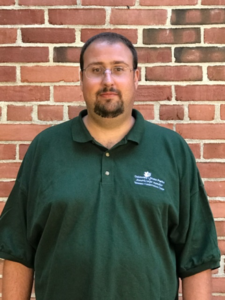 My name is Andrew Hansen III and I am an Army Veteran, originally from the Philadelphia, PA area. I’m an outdoorsman; my love of nature comes from my parents. My mother taught science in public schools for 25 years. My parents actually met at Fairleigh Dickinson University’s West Indies Lab, where they were both studying marine science.
My name is Andrew Hansen III and I am an Army Veteran, originally from the Philadelphia, PA area. I’m an outdoorsman; my love of nature comes from my parents. My mother taught science in public schools for 25 years. My parents actually met at Fairleigh Dickinson University’s West Indies Lab, where they were both studying marine science.
